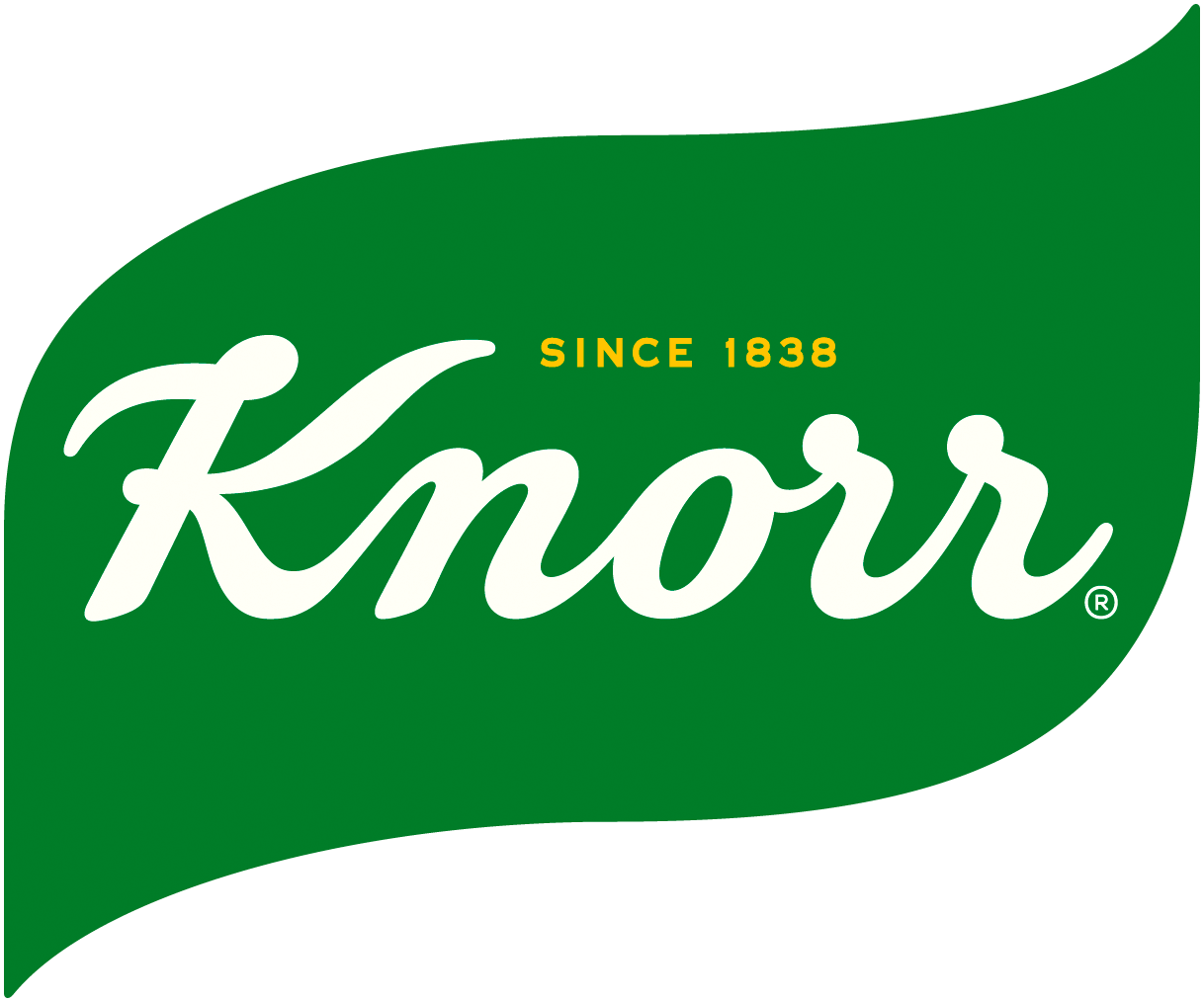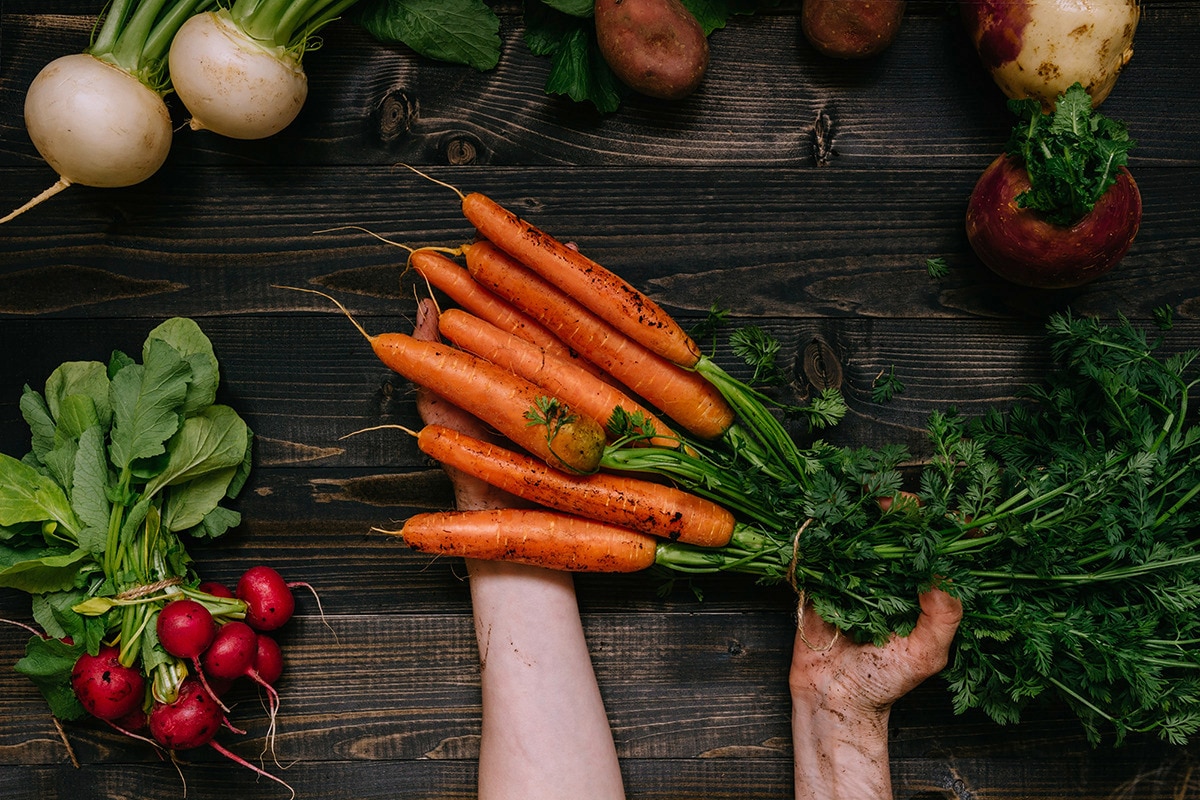Skip to:
Our purpose
Only 12 plants and five animals make up 75% of what the whole world eats. But eating so few foods is bad for us and bad for the planet.
Knorr wants to change that. We’re already growing our ingredients sustainably. And now, through our products, recipes and tips and tricks we want to inspire you with the everyday little changes that will make a big difference.
Let’s build a greener food future together. Ready to put new foods on your plate?
Eating Sustainably
Everything we do is dedicated to making better tasting food, and that includes growing our ingredients sustainably. It’s not only good for the planet, but we believe you can taste the difference in every dish you cook.
Cooking sustainably
This is where the hard work comes together. We believe it leads to rich flavours, sweet vegetables, feel good food all round. Our chefs work closely with Knorr farmers to make sure their love for growing great food makes a real difference in Knorr products and in the meals you cook with them.
How we make a little big difference
Explore our articles below
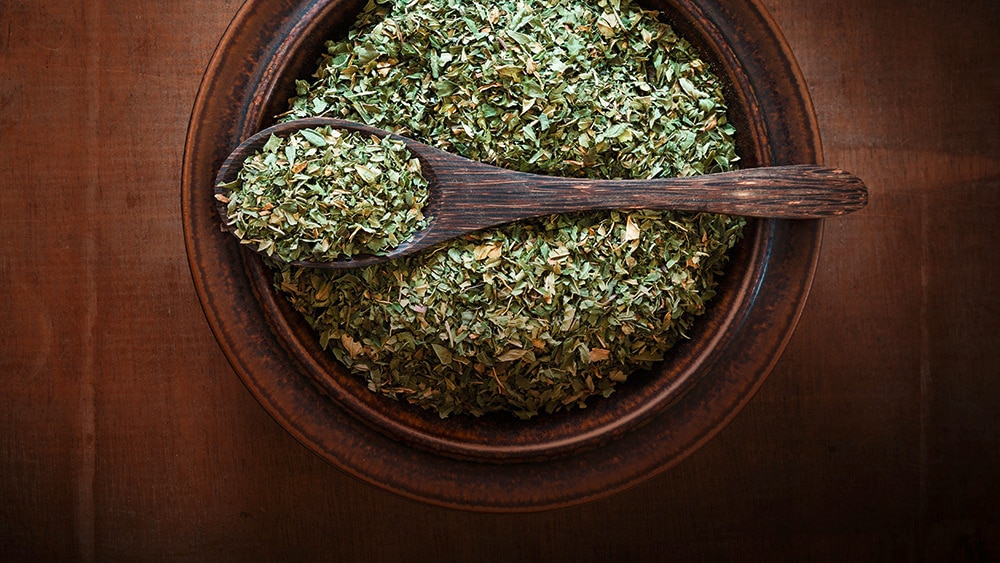
Drying is one of the oldest ways to preserve food there is, going back thousands of years. It’s simple, safe and helps keep the colour, aroma and flavour of our ingredients for longer.
Not only does drying keep flavour locked in, it’s also a great alternative to using preservatives. Which makes a lot of sense – nothing is added when drying our vegetables and only the water is taken away.
The whole idea of drying a product is that you remove the water so you don’t need preservatives.
When harvesting tomatoes, Knorr farmers will let them go thirsty for a week or so first - this increases their sweetness and reduces the amount of water that needs to be taken out. We measure the sweetness of our tomatoes with something called a Brix test – and the higher the number, the sweeter they are.
But it’s always really surprising to see just how much of a vegetable is actually made up of water. For example, we need to process 12 tons of onions for every single ton of dried onion we produce. That’s all water that won’t be diluting the taste when you’re cooking.
Sometimes nature starts off the drying process. For example, our onions are picked and left to dry in the sunshine for a few days, but once they’re peeled they’re dried and processed within a couple of hours to keep the freshness and taste in. Not all of our sustainable ingredients are dried – many are turned to paste or pulp for foods like soup or stock pots. But for our dried products, it’s reassuring to know that a method that’s thousands of years old will continue to help deliver tasty ingredients for many years to come.
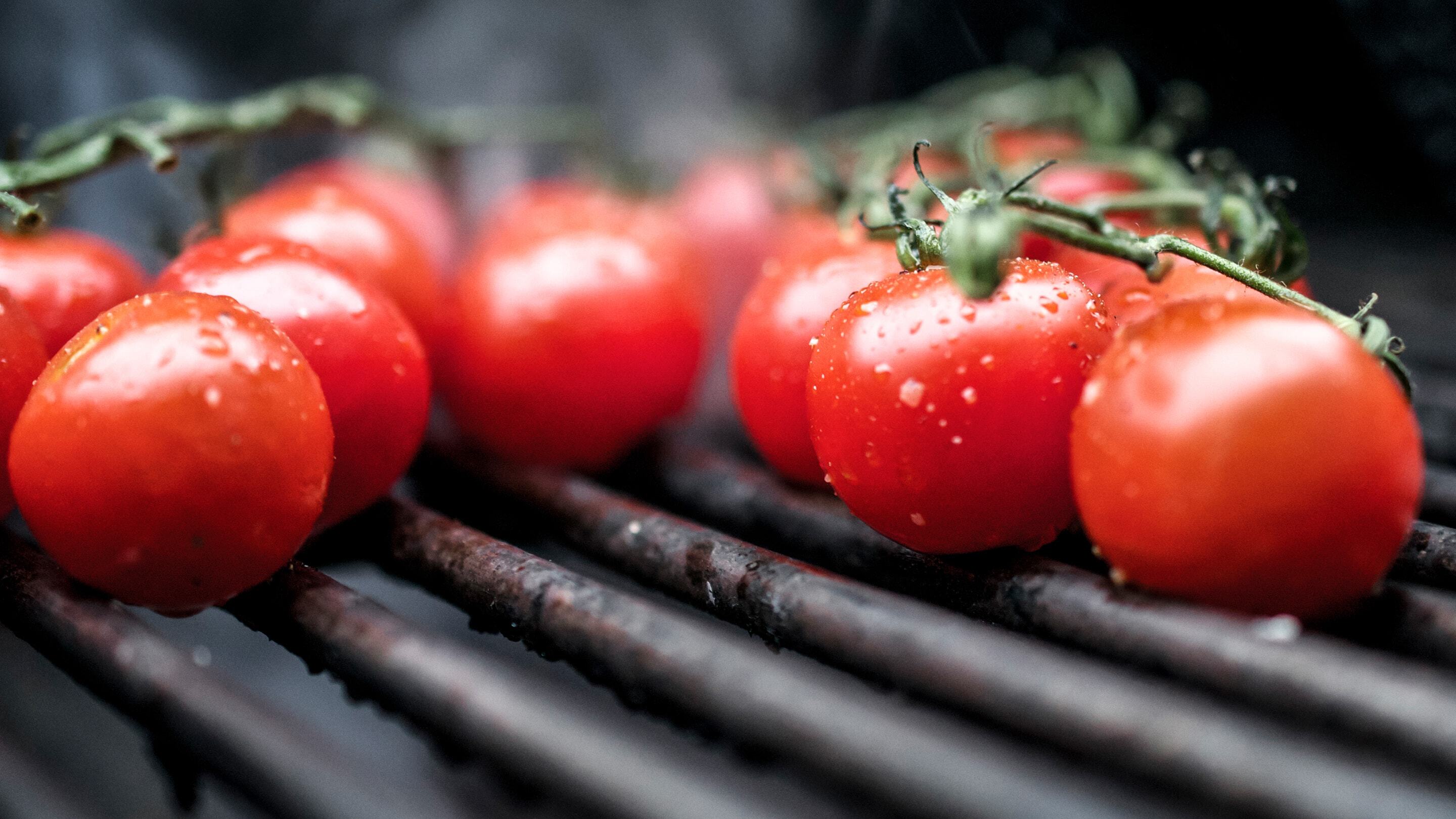
Every year, around 70% of the world’s total surface water is used for farming. Not only is that a huge amount, but unpredictable weather from our changing climate can make supply unreliable, so it’s more important than ever to find new ways to save water. Luckily, our Knorr Landmark Farmers have a few tricks up their sleeves.
Farmers know that how much you water a crop can actually have a big effect on its final taste, so they’re careful not to under or over-water. To get it exactly right, many of farmers now use meters to measure how much water is already in the soil and how much more it needs. One of our oregano farmers in Turkey even managed to double his yields by reducing the amount of water used, so farming with care can have great benefits.
70% of the world's total surface water is used for farming
Knorr farmers have developed smart ways to get the most out of every drop. Like drip irrigation, which gives plants just the right amount of water they need for healthy, tasty vegetables. This technology was actually first developed in the deserts of Israel where farmers had to be particularly careful about treasuring every last drop.
Knorr Sustainable Agriculture Manager, Andrea Granier, believes watering is crucial to the eventual taste;
“We judge our vegetables first and foremost by their flavour, so we water them to be at their sweetest come harvest time. Our tomatoes aren’t watered for about a week before they’re picked, and are all the sweeter for it. Also, the less water in the harvested crop, the quicker they dry, so it has great benefits all round.”
We’re passionate about recycling too, re-using water wherever possible. Our Goed Te Schellebrouck pea farm in Belgium filters wastewater through natural material like soil, straw, coconut chips and compost – and manages to get 99% purification by doing so while the team at our Landmark farm in Badajoz, Spain wash tomatoes in water that gets re-used three times.
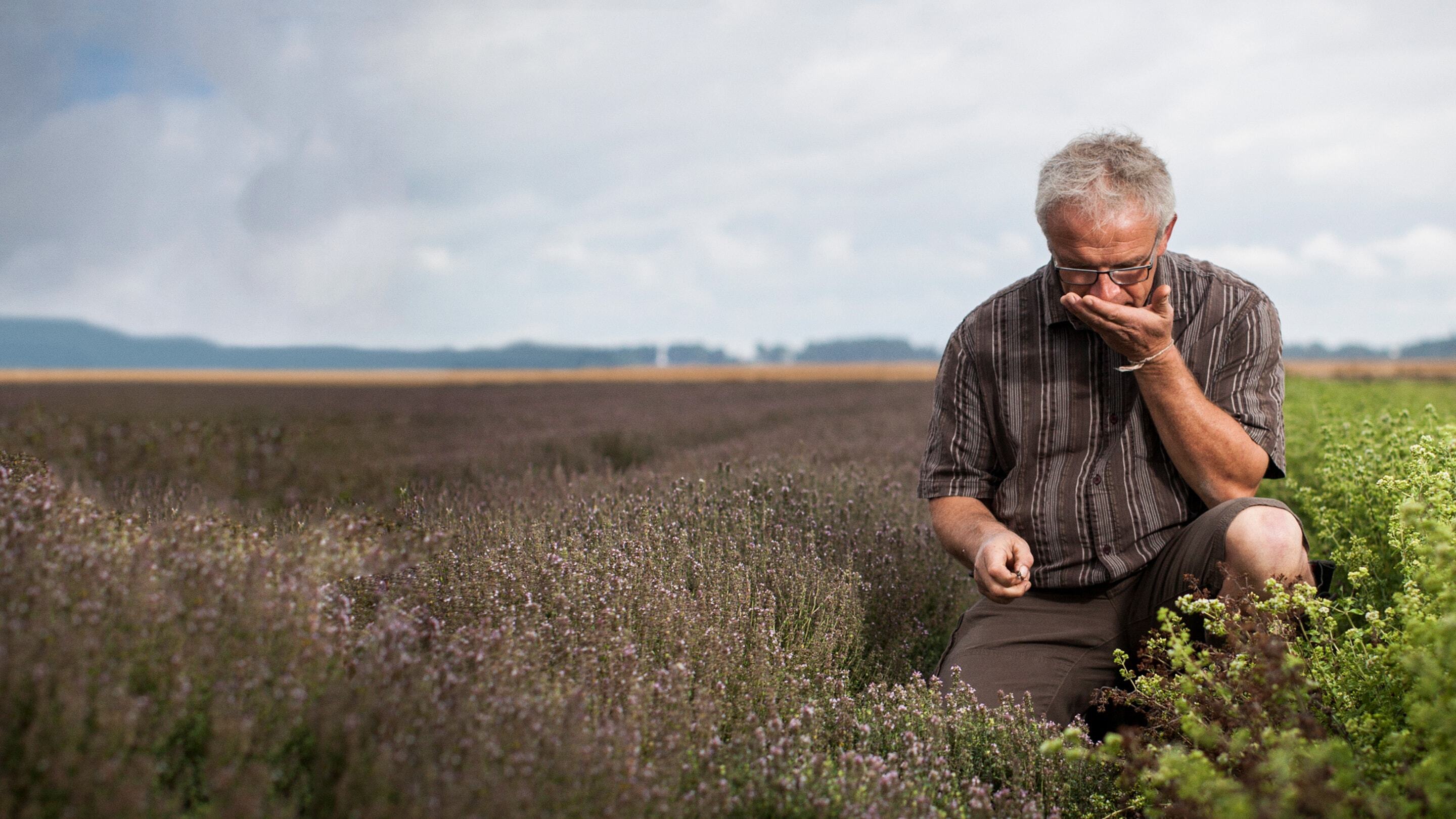
It takes a lot of love and dedication to become a Knorr Landmark Farmer. It’s our club of the very best pioneers of sustainable farming. They go beyond the basics to chase more innovative sustainable methods.
They’re pioneers like our pea farmers in Belgium who are using the latest technology to reduce how much fuel their tractors use, or our pumpkin farmers in Austria who swap and share land between different farmers so that they can do crop rotation.
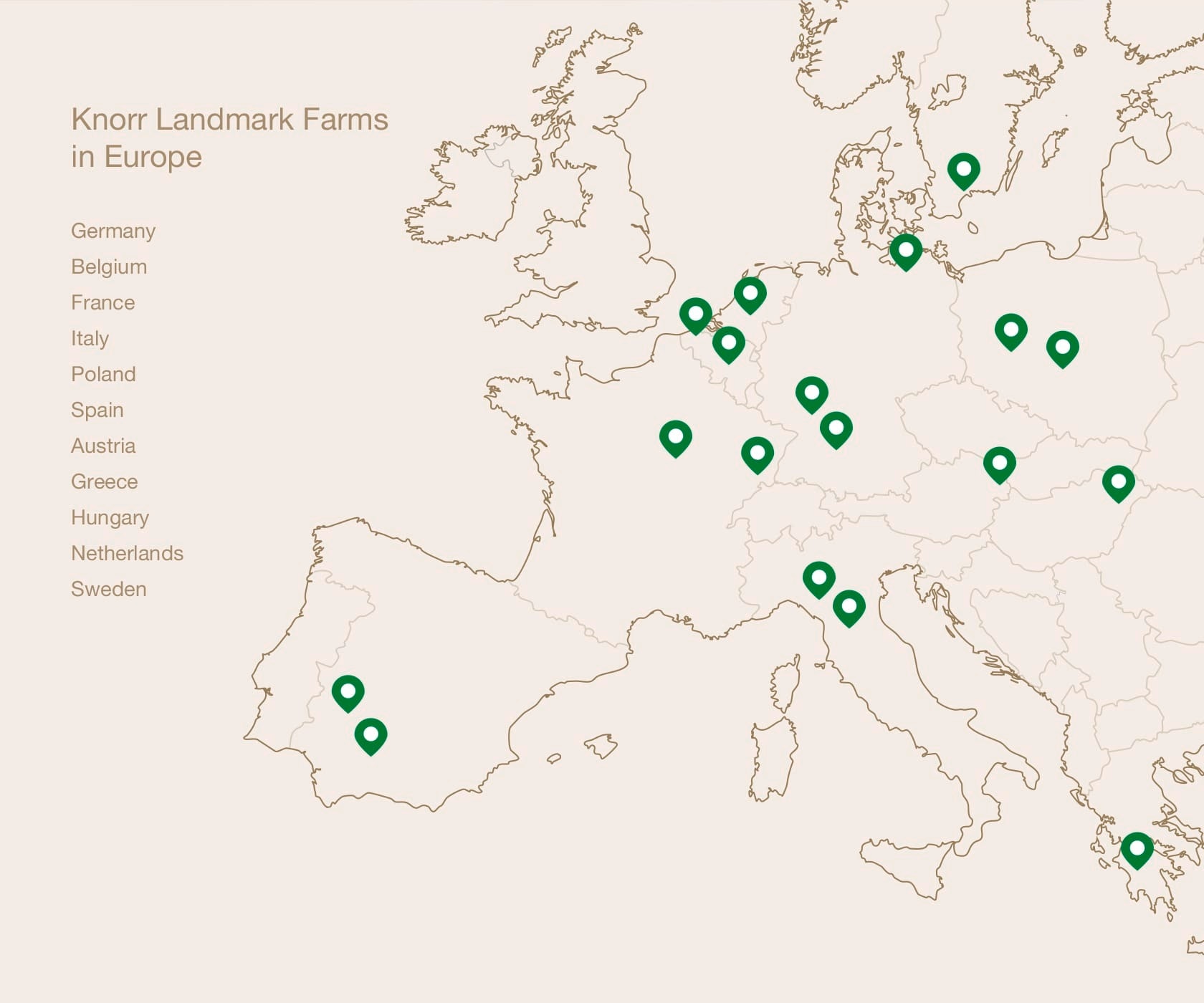
We now have over 30 Landmark Farmers around the world to be thankful for. Their invention and imagination are an inspiration to other growers as they too look to find new ways to care for the land and improve flavour.
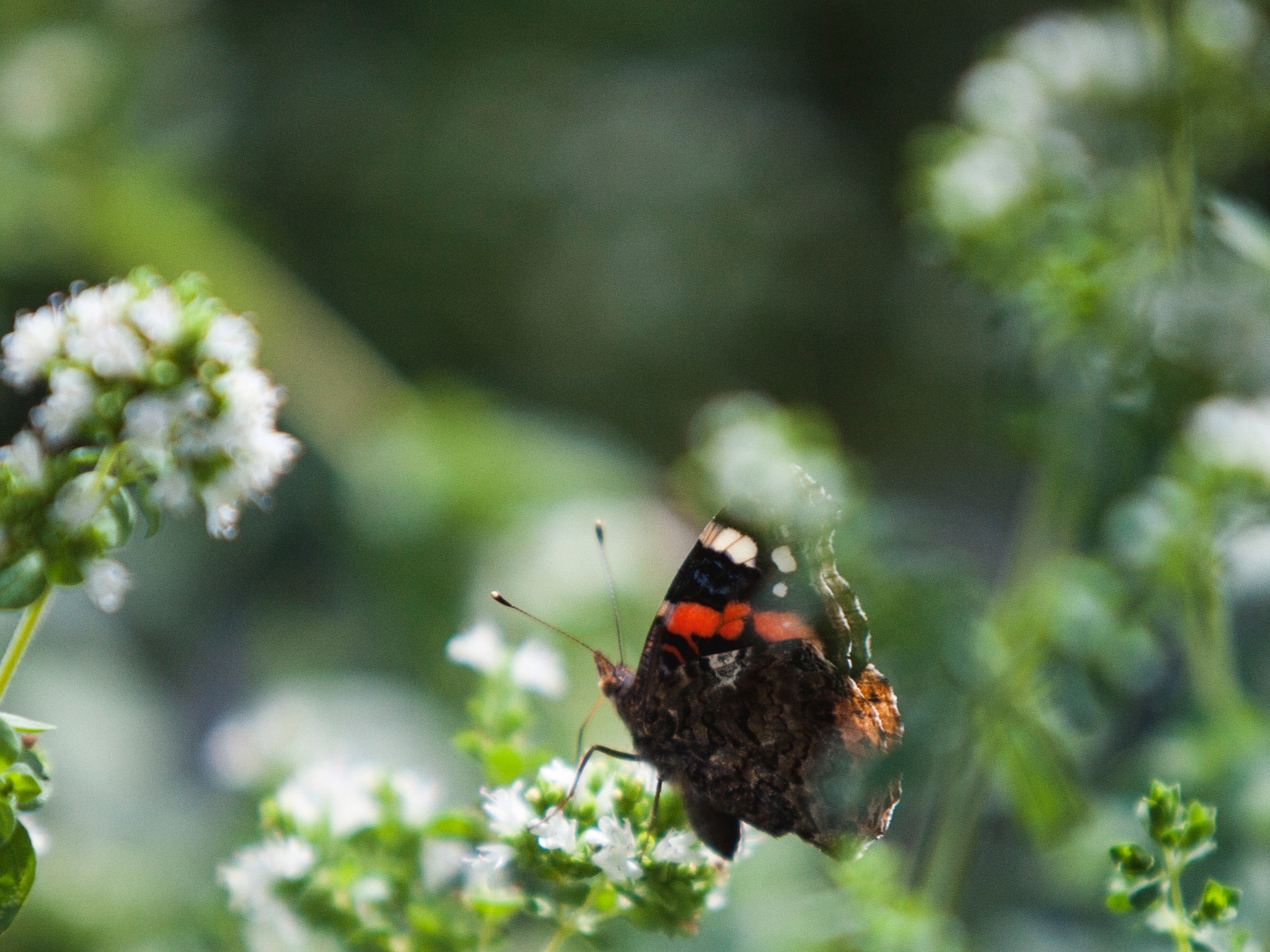
Every pest has a natural foe, so all farmers have to do is carefully identify different breeds that don’t get on, a more natural solution for moving along unwanted visitors. Bugs like the Nesidiocoris, which likes nothing more than to eat the tomato- loving Tuta Absoluta moth. These moths are a farmer’s greatest danger to a tomato crop and can wipe out entire fields, so getting rid of them is essential. Prevention is always better than action.
But bugs are tiny so it’s not always easy for farmers to know when they have hungry unwanted visitors – and to be able to apply pesticide only when it’s needed. That’s why some farmers have started using traps doused in insect perfume that attract bugs and contain tiny cameras that take pictures so the farmer can see what’s happening and whether they need to take action. If it counts a lot of bugs in the trap the farmer will get pinged with a text message to alert them that there’s trouble.
Our farmers look to nature to help control pests
Lots of different animals can pitch in on pest control, so some of our tomato farmers have built lizard and bat shelters, as well as boxes for birds like Blue Tits – a great way to control pests and provide safe habitats for endangered species.
Pests damage healthy plants and can wipe out yields, but the use of pesticides always has to be weighed against the greater environmental impact. That’s why our Knorr sustainable farmers do everything they can to keep their usage to the absolute minimum and they’ve already managed to reduce pesticide usage by 31% per farm since 2011.
The concierge of a bee hotel - Sustainable farmers have to wear a lot of different hats: scientist, chef, mechanic, and sometimes, concierge. Making local wildlife feel at home on a farm helps pest control, pollination, compost, as well as simply making the farm a more enjoyable place to be.
Here are just some of the things Knorr farmers do for our feathered, scaly, and slimy friends.

Bee Hotels
Building bee hotels between crops to help pollination.
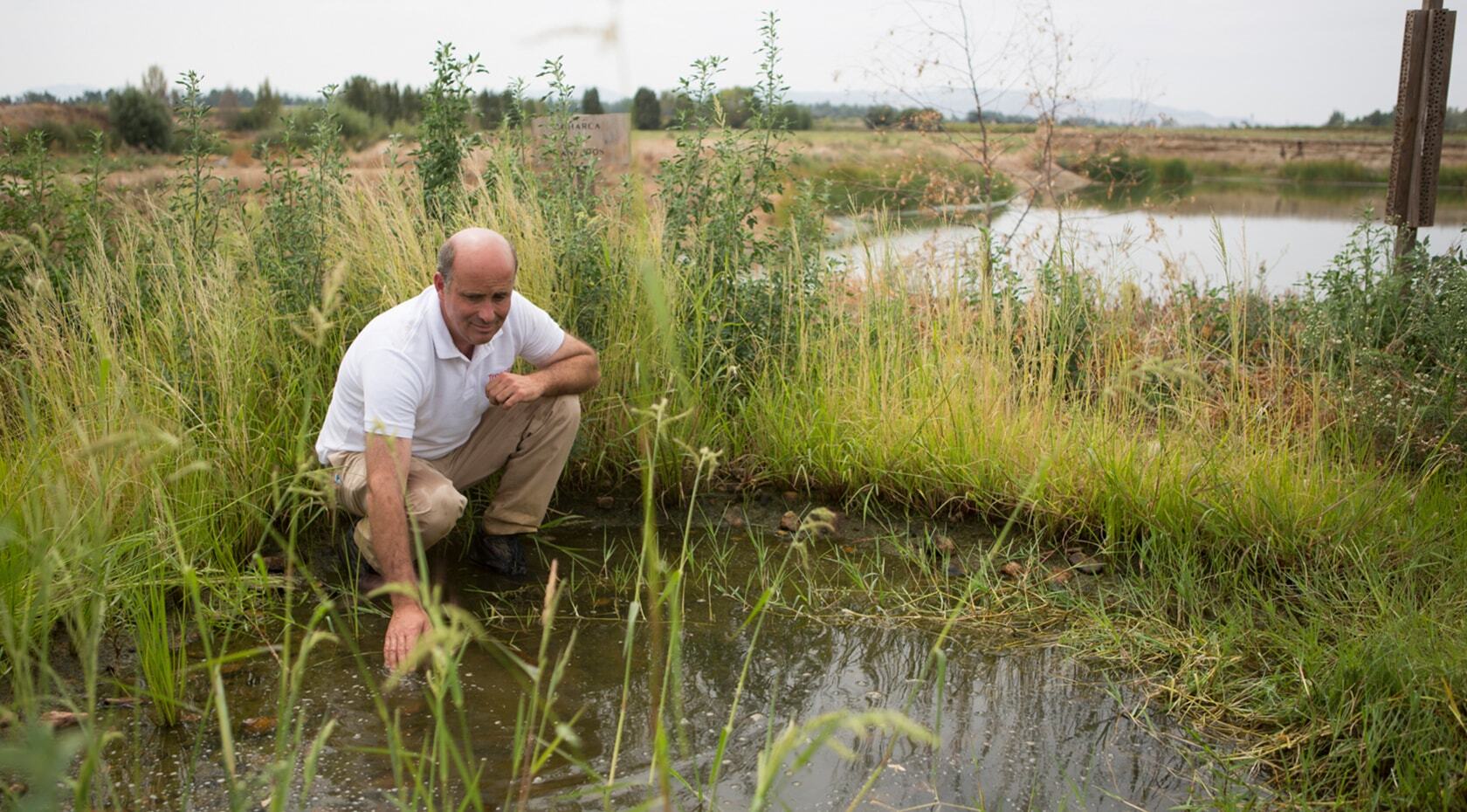
Ponds
Introducing ponds to create new ecosystems.
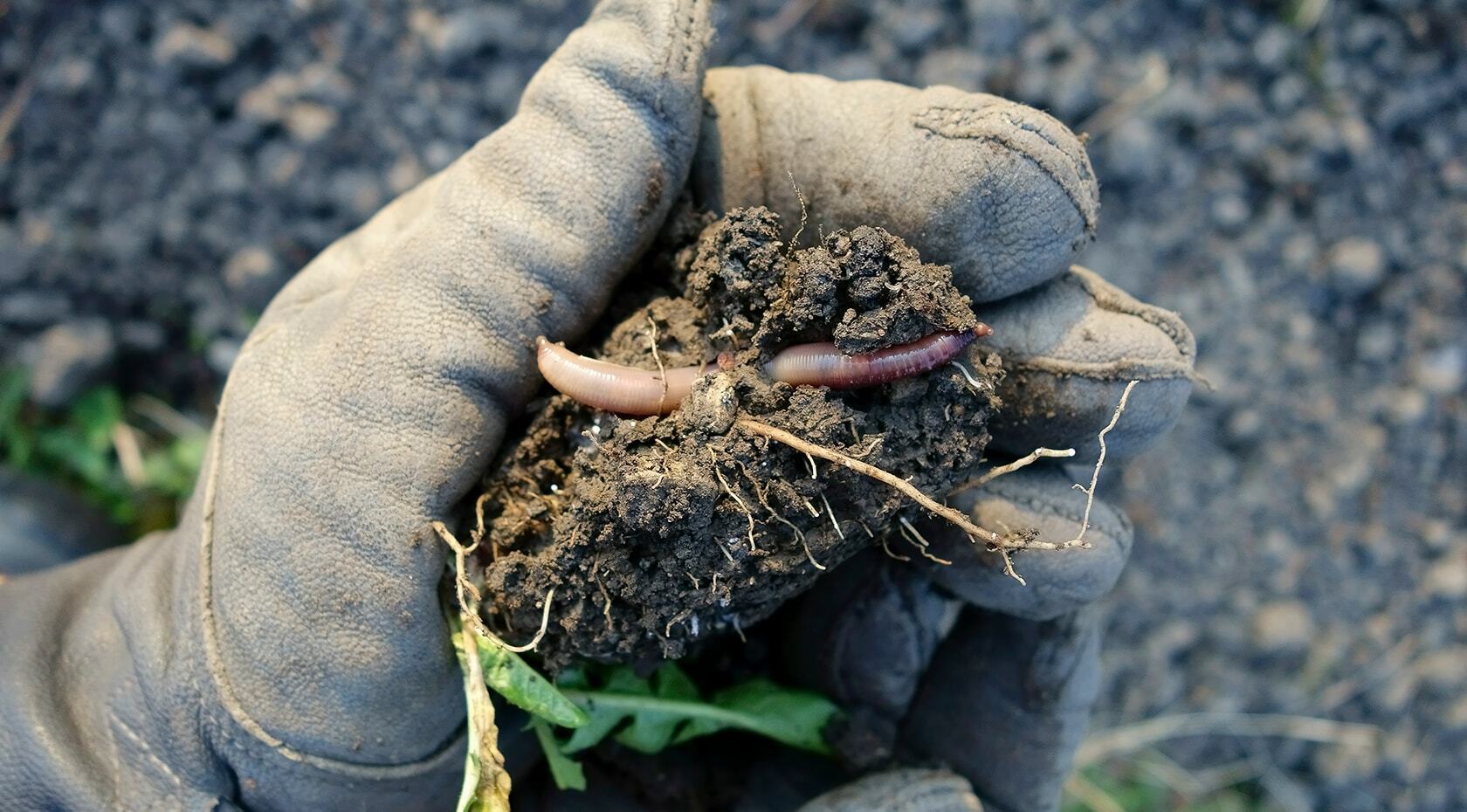
Worms
Encouraging worms to break down organic material for richer soil.
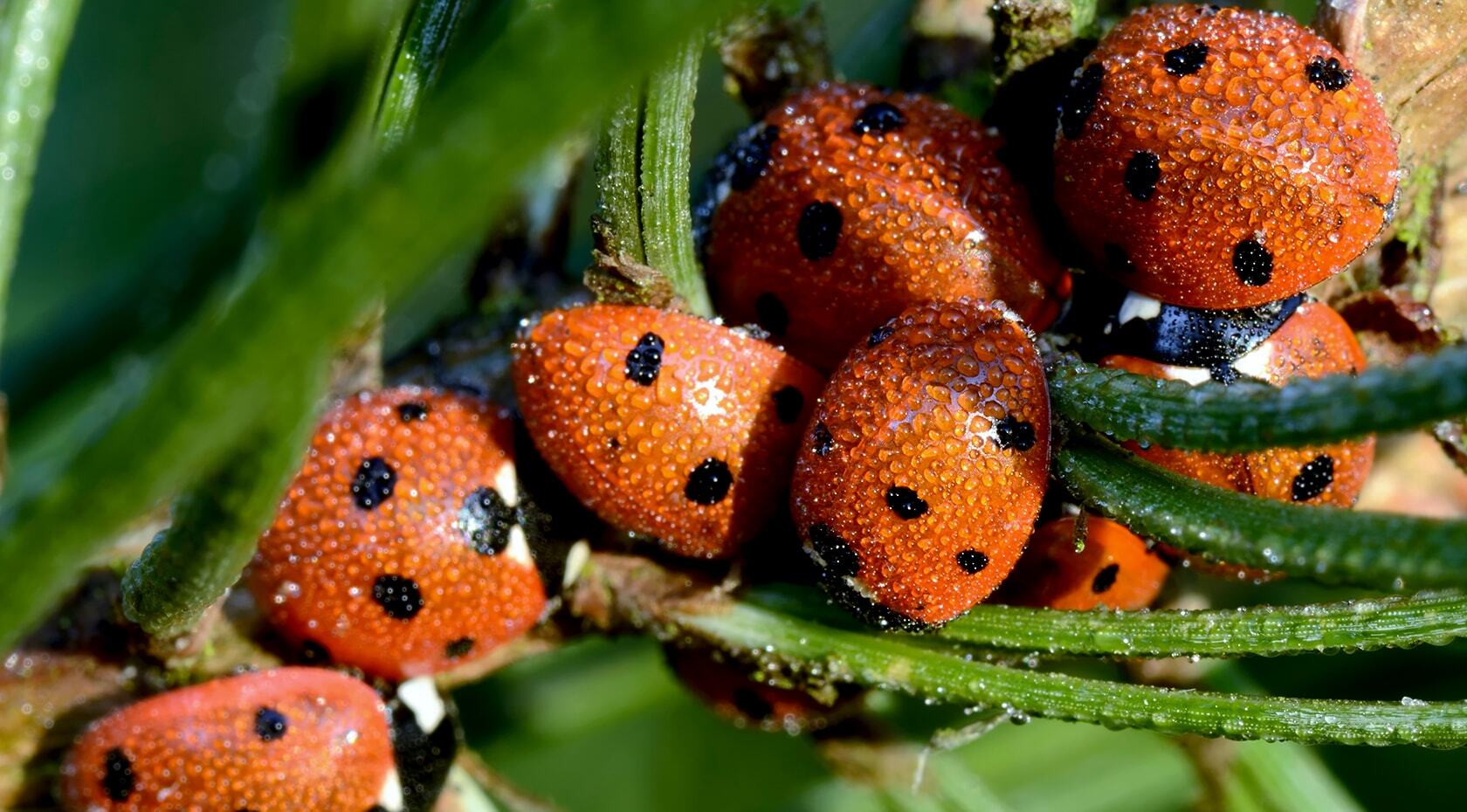
Habitat for ladybirds
Providing habitats for ladybirds to hibernate and breed.
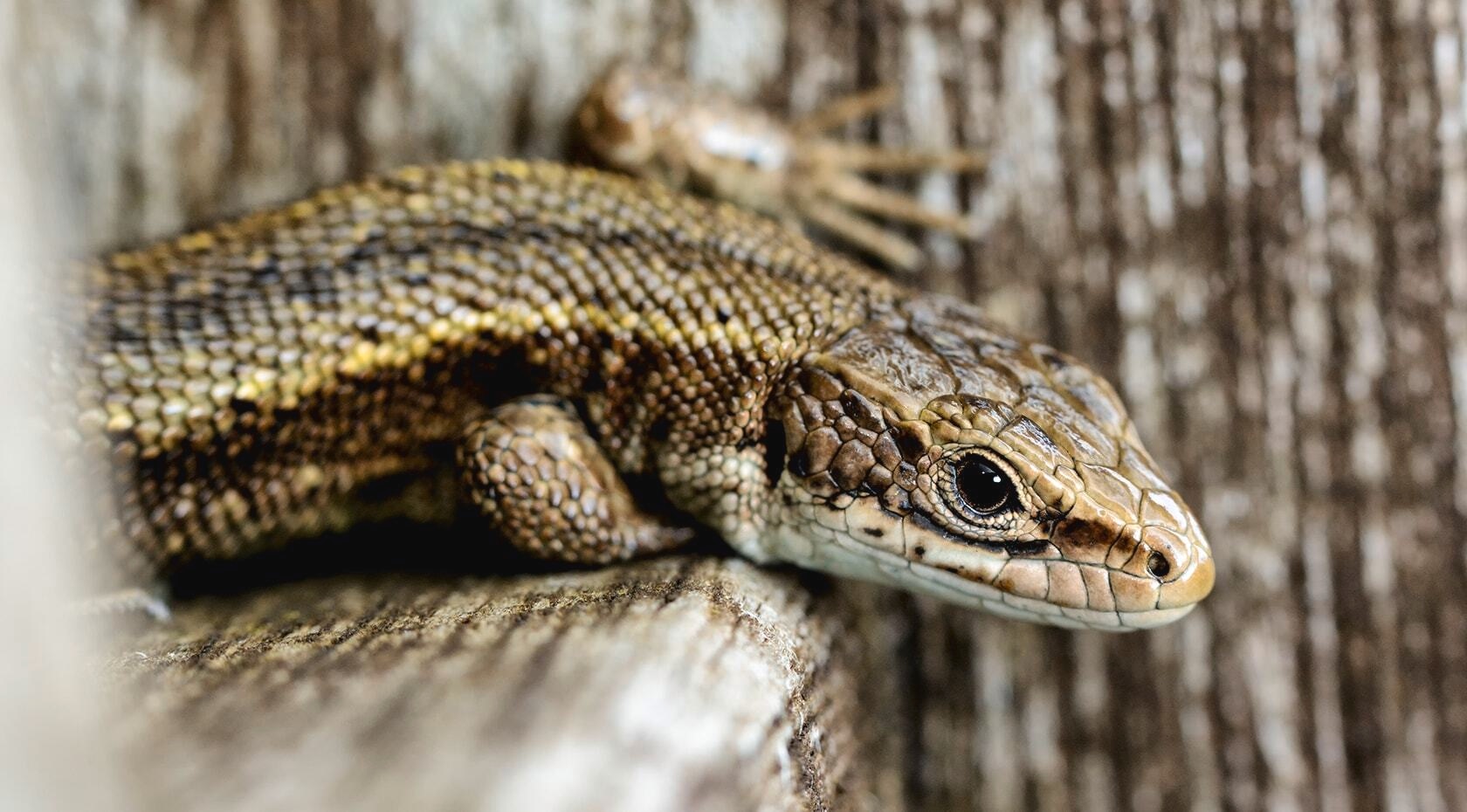
Homes for lizards
Creating homes for lizards to combat pests on farms.
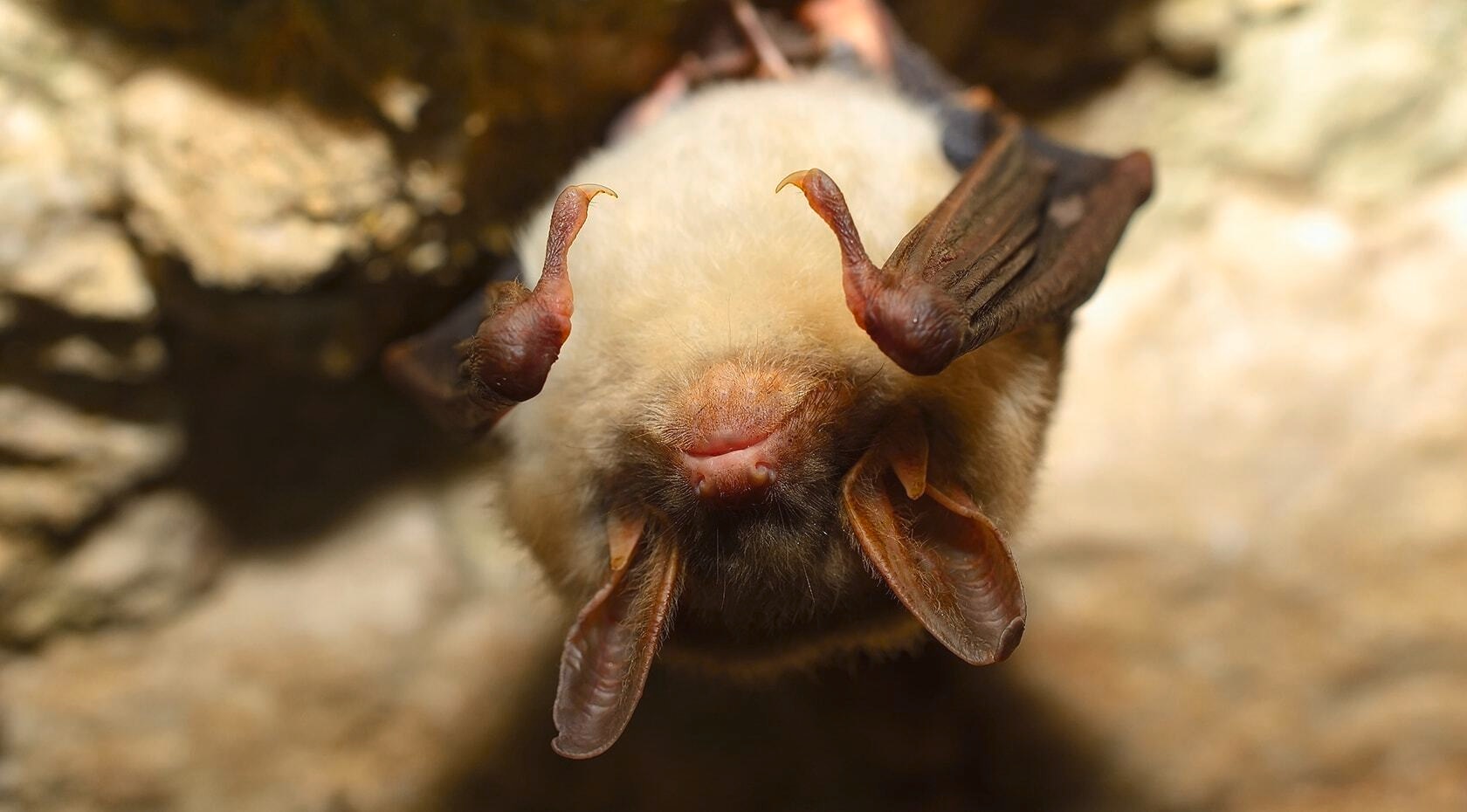
Welcoming bats
Welcoming bats that eat pesky tomato-loving moths.
Sustainable farmers have to wear a lot of different hats: scientist, chef, mechanic, and sometimes, concierge. Making local wildlife feel at home on a farm helps pest control, pollination, compost, as well as simply making the farm a more enjoyable place to be. Here are just some of the things Knorr farmers do for our feathered, scaly, and slimy friends.

Bee Hotels
Building bee hotels between crops to help pollination.
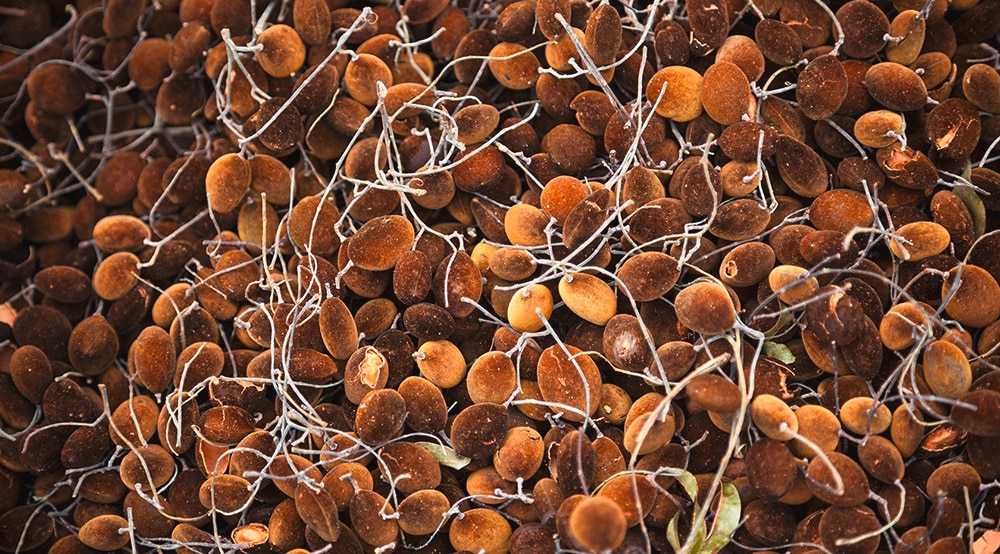
Tamarind
Give the tamarind pod a tap with your finger. If it sounds hollow, it’s ready.
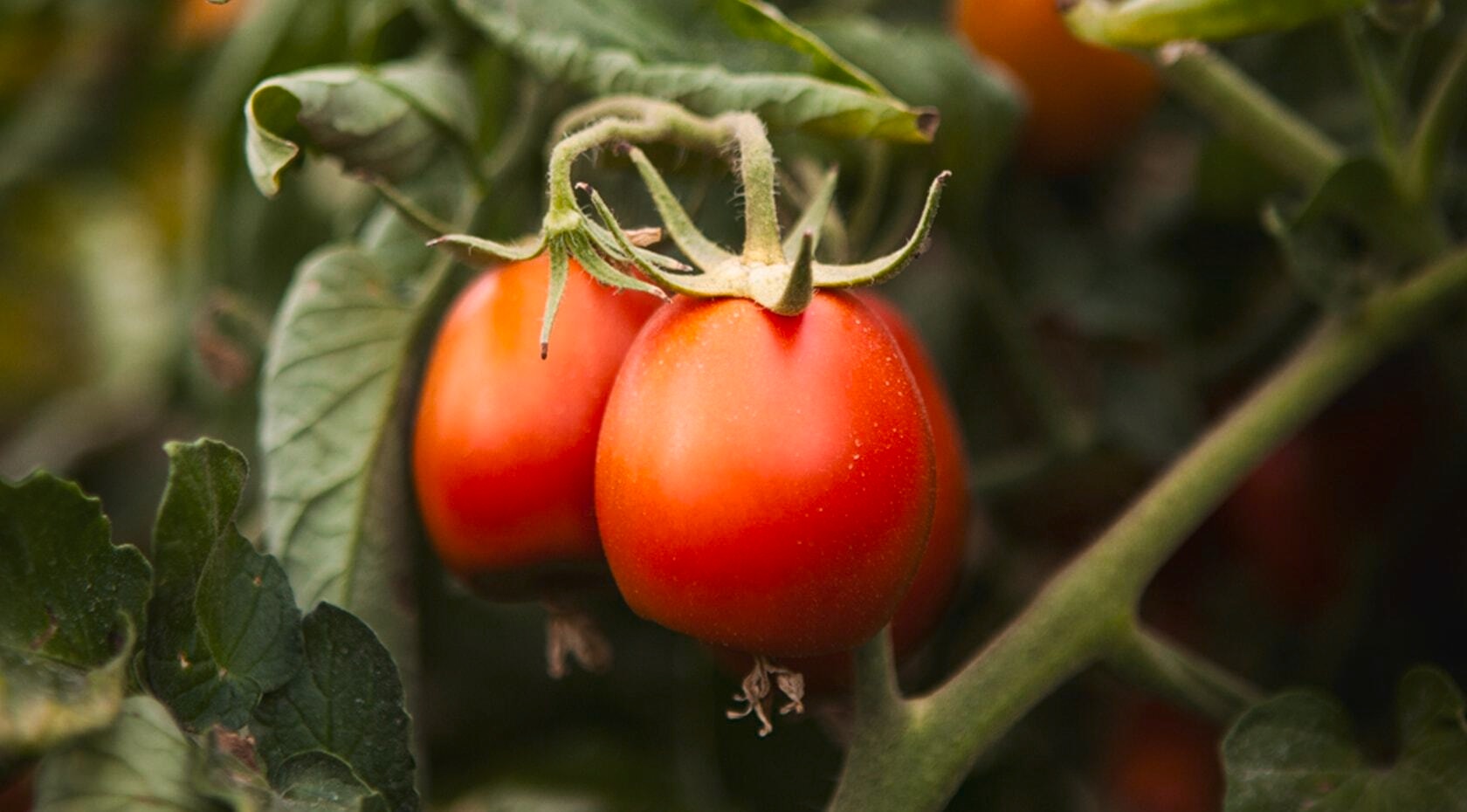
Tomatoes
Take a tomato bush and shake it. If they fall off, it’s ready.
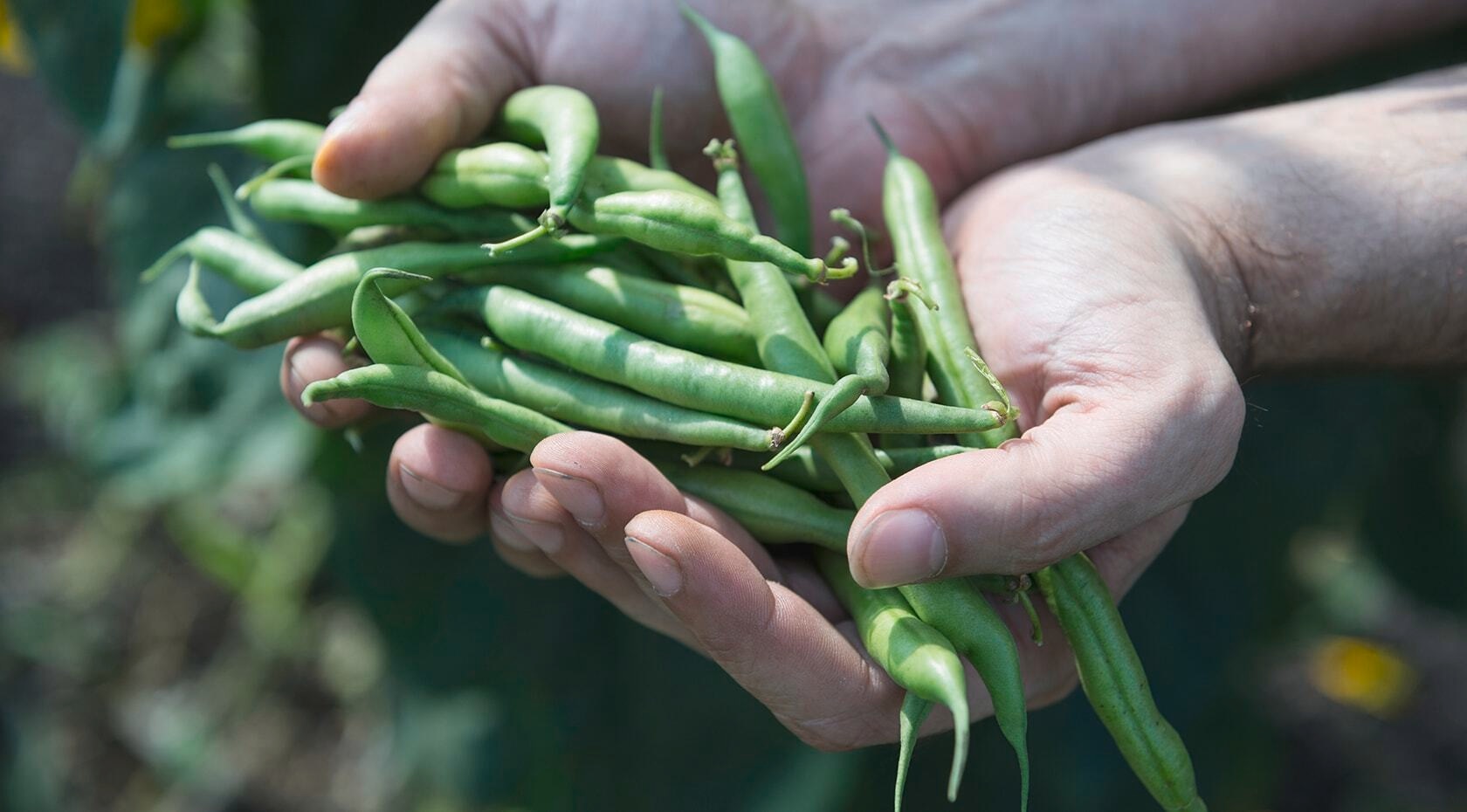
Green Beans
If the bean snaps in half with a nice crunchy sound, it’s ready.
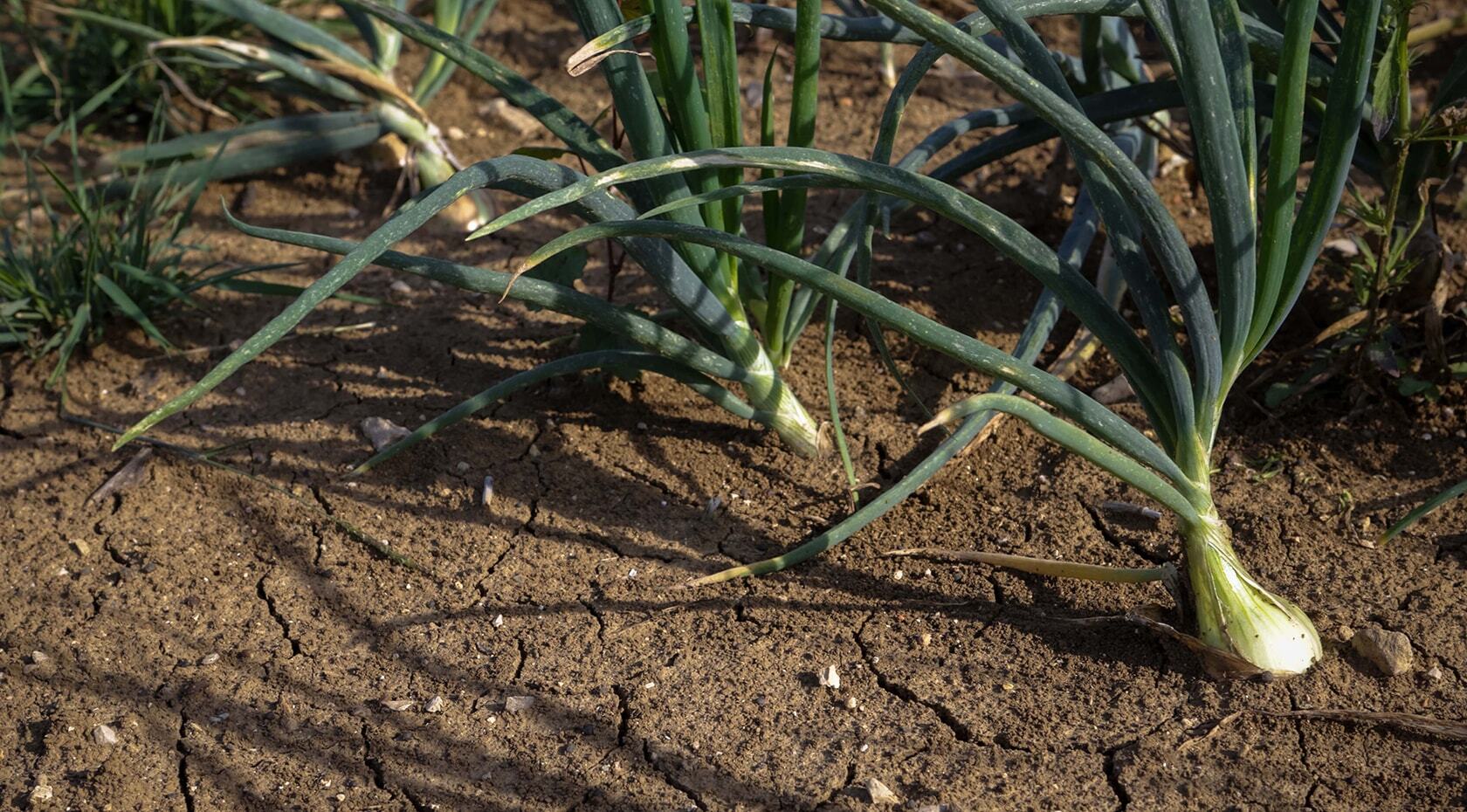
Onions
When the leaves fall off the plant, it’s ready.
Simple techniques to understand when your plants ready.
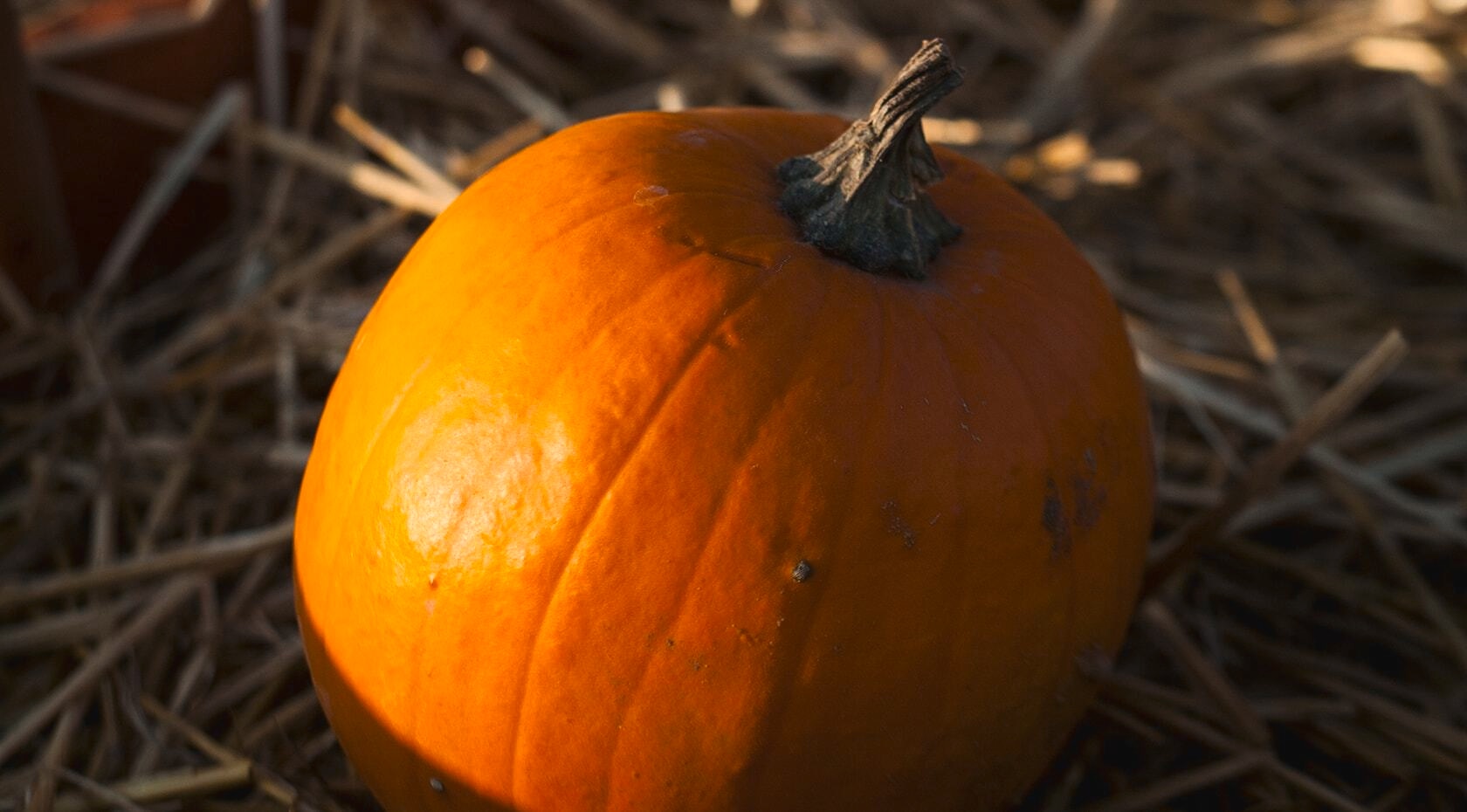
Pumpkins
Give the pumpkin a good slap. If it sounds hollow, it’s ready.

Tamarind
Give the tamarind pod a tap with your finger. If it sounds hollow, it’s ready.

Tomatoes
Take a tomato bush and shake it. If they fall off, it’s ready.

Green Beans
If the bean snaps in half with a nice crunchy sound, it’s ready.

Onions
When the leaves fall off the plant, it’s ready.
From farm: through sourcing 100% of our agricultural ingredients sustainably.
What does sustainable sourcing mean? How far have you got?
We worked with farmers and sustainability experts like Rainforest Alliance, Roundtable on Sustainable Palm Oil (RSPO) and the Fairtrade Foundation, to develop the Unilever Sustainable Agriculture Code (USAC). Our suppliers need to follow the guidelines laid out in the code, which means adopting more sustainable practices on their farms. The code covers 11 aspects of sustainable agriculture, for example soil quality, water usage and biodiversity. We check that farmers are complying with the code through self-assessment and verification. For more detail click here - PDF (1.85MB).
Find out more about our sustainable sourcing strategy and progress.
How does Knorr support farmers?
In 2011 we set up the Knorr Partnership Fund which invests €1 million every year in co-funded projects with suppliers for their farmers. This helps them meet, or go beyond, the requirements of our Unilever Sustainable Agriculture Code. So far we have funded over 70 projects. Find out more.
How do I know if a Knorr product contains sustainably grown ingredients?
Look out for our Knorr Sustainability Partnership logo on products that contain these ingredients. This means ingredients in that pack have been grown by farmers and suppliers who have met the standards of our Unilever Sustainable Agriculture Code. We only use this logo when at least 50% of the product contains sustainably grown ingredients, or 100% of the main ingredient is sustainably grown. You’ll also find the ingredients highlighted on the front or back of our packs.
Is it the same as organic?
Some people like to choose Organic products, and we have some organic product ranges. We believe Organic production alone cannot tackle some important food sustainability issues, like the social impacts of farming or increased land use and deforestation at a global level. This is why we developed the Unilever Sustainable Agriculture Code and its 11 indicators.
Organic certification is recognised by the International Federation of Organic Agriculture Movements (IFOAM), so we count Organic ingredients towards our sustainable sourcing targets and we use the Rainforest Alliance certification, which is part of the Sustainable Agriculture Network Standard, in some of our smallholder farmer supply chains for spices.
What about meat in Knorr products?
We believe that it is important to ensure that farmed animals are reared in good conditions, and treated with good standards of welfare. We’ve co-developed our animal welfare standards with NGO Compassion in World Farming, our ambition is to reach what Compassion defines as ‘Level 3’ animal welfare for our chickens, cows and pigs. This means that animals have adequate space, light, environment and can live in enriched environments suited to their natural behaviours. Find out more about our commitment to Animal Welfare.
What about spices and smallholder farmers?
As part of our 2020 ambition, we help many smallholder spice farmers in our supply chain improve their farming techniques and gain access to training and support. Find out more about our work to support smallholder farmers.
Nutritious cooking
We believe that nutritious food should be within everyone’s reach. We take care to maintain the natural goodness of our vegetables from the field to our products. We offer foods that provide nutrients to populations in need – such as our iron-fortified Knorr cubes. And we inspire people to add flavour to their dishes by using nutritious ingredients in their recipes.
Our nutritious cooking behaviour change programme, Follow My Green Food Steps, piloted in Nigeria in 2015. Through this program we aim to improve the health of thousands of women and teenage girls by making nutritious cooking affordable, simple, and desirable. Find out more about the Knorr My Green Food Steps program.
We also partner with the World Food Programme to create a brighter future where nutritious food is readily accessible to more people globally. Each year for World Food Day, together with World Food Programme, we donate nutritious, cooked meals with school children around the world. So far we have provided 2 million meals.
Together with World food programme, we donate nutritious, cooked meals with school children around the world.
As part of the Unilever Sustainable Living Plan we have a global target for 75% of our products to meet salt levels that enable intakes of a maximum of 5 grams per day. We also aim to double the proportion of our portfolio that meets the highest nutrition standards, based on globally recognised dietary guidelines by 2020.
Want tailored recipes, tips and tricks and product news delivered straight to your inbox?
Tell us your cooking preferences and we'll do the rest.
